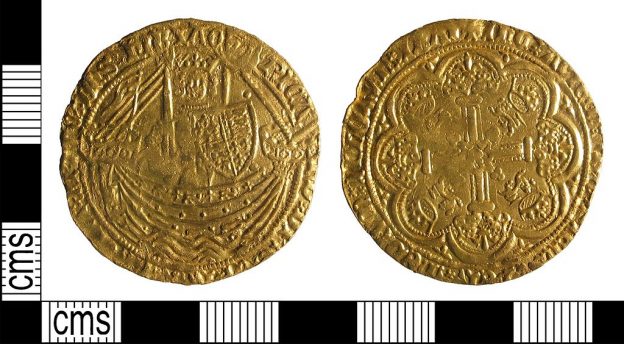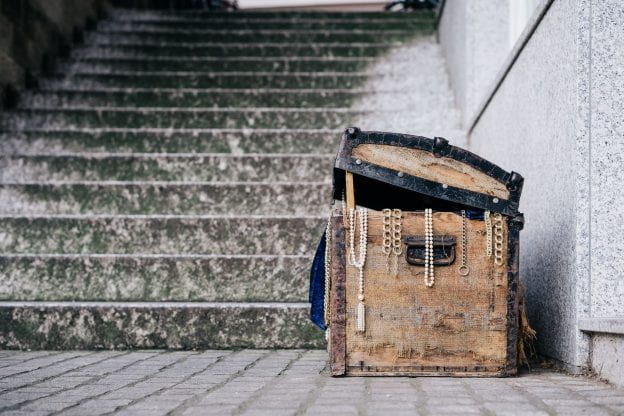Lots of interest in the merits, and historical accuracy, or otherwise, of the big new film The Last Duel. I hope to go and see it, though feeling a little unsure as to whether I want to sit in a cinema with a load of strangers during current circs. I have the book though, so planning to read it this weekend.
I am not going to presume to comment on the film’s medieval French context, since I am definitely not an expert on that, but, since I suspect that there will be some general wondering about the idea of trial by battle, a little bandwagon-jumping and a couple of quick musings on this from a common law point of view might not go amiss.
For many years, in my Legal History classes, I have included something on proof, including trials by ordeal and by battle. It tends to capture the attention of students just a touch more than the development of the strict settlement and the Bill of Middlesex, for some reason. It is one of the useful areas to push students’ imagination a little, and to try and get them to see beyond the Whiggish distinction between ordeals and battles (stupid) and juries (great and totally unproblematic). With ordeals, there is the fantastic article by Kerr et al.[i] to give them to read, and a case to be made for there having been something of value in the so-called ‘irrational’ mode of proof, when compared to contemporary alternatives. Battle is rather a harder sell, and I confess that I tend to send students off to read the articles by M.J. Russell,[ii] and then in class go for cheap shock value and do Ashford v Thornton in a slightly Horrible Histories way … There is obviously more to say than general agog-ness at the late extirpation of the possibility of TBB though. The gender aspect is, of course, important – women were not supposed to engage in TBB, and do not seem to have done so (though there is one slightly bizarre 15th C story about a duel being ordered between a female accuser and a Franciscan friar, who was supposed to fight with one hand tied behind his back![iii] I have spent vain hours trying to track that one down …) Then there are the accounts, in chronicles and legal sources of battles themselves, and the procedure which they followed, or should follow. Some of these are extremely impractical and ritualistic – with weird weapons, a lot of formulaic language and rules. I was reminded, the other day, when looking for something completely different, that another thing which is really fascinating is the fact that those fighting a TBB took an oath against sorcery.
I stumbled on this version in The Boke of Justices of Peas (printed 1506),[iv] in its little ‘how to’ guide to holding a trial by battle, and was enchanted (!). It’s prescribed for an approver (man who had ‘turned king’s evidence’ and was trying to save his skin by accusing another man of felony and then beating him in a TBB):
‘This here you iustice that I have this day neither ete ne dronke nor haue upon me Stone ne Grasse ne other enchauntement sorcery ne witchecrafte where thoroughe the power of the word of God might be enlessed or demenysshed & the deuylles power encresed and that myn appele is true so help me god and his sayntes and by this boke &c.’
[Justice, hear this: I have not eaten nor drunk today, nor do I have upon me stone, grass or other enchantment, sorcery or witchcraft which might serve to diminish the power of the word of God, and increase the devil’s power, and that my appeal is true, so help me God and his saints and by this book etc.’]
Seems a bit harsh not to let the poor devil eat or drink, but fits with the general religious ritualism of this sort of thing. What about the magic though … what ideas does that reveal about ideas as to how TBB worked, and how it could be derailed. It does seem to suggest that God could be foxed by a magic stone or grass (magic grass – new to me – I assume it is the green lawn stuff, and not some special other early modern meaning – sure somebody will tell me if I am wrong …), which is a rather interesting theological position, when you think about it. Belief in magic is one thing, thinking it could actually transcend the human world and put God off his stride, when intervening to say where the truth and right lay in a trial by battle is several steps further on, I would say. It just seems a really fascinating meeting of two sorts of supernatural belief. And it is made all the more striking as the formula for the duel goes on to bar human intervention to help one side or the other – by advice to take advantage of the opponent, or physical help. It is as if the magic thing and the weighing in of spectators are on a par, equally likely![v] Possibly the supernatural issue can be rendered a little less blasphemous by thinking that the idea behind it must be that the magic grass etc. could skew the result by acting on the bodies of the combatants, rather than on God. Seems a bit weaselish, but maybe that works. Feeling once again as if I have a lot to learn! It’s certainly something to think about as we enjoy the big film (or book …) and as we approach Halloween.
GS
16/10/2021
[i] Kerr, MH, Forsyth, RD, and Plyley, MJ, ‘Cold Water and Hot Iron: Trial by Ordeal in England’, Journal of Interdisciplinary History 22.4 (1992): 573-95.
[ii] Russell, M. J., ‘I Trial by Battle and the Writ of Right’, Journal of Legal History 1.2 (1980): 111-34 ; ‘II Trial by Battle and the Appeals of Felony’, Journal of Legal History 1.2 (1980): 135-64; ‘Trial By Battle Procedure in Writs of Right and Criminal Appeals’, Tijdschrift Voor Rechtsgeschiedenis 51.1 (1983): 123-34.
[iii] Bellamy, John G, The Law of Treason in England in the Later Middle Ages (Cambridge, 1970), 145; Eulogium Historiarum, III, 389.
[iv] Glazebrook, P. R. The Boke of Justices of Peas, 1506 : With an Introduction by the General Editor (London, 1972). It’s a book which sounds slightly unpleasant if you are a Scot (add the peas and it is all a bit graphically vomity). It is a collection of various ‘templates’ for legal proceedings which might have seemed useful to somebody acting as a JP, or one of his officials. The material is not particularly new – it’s 15th C stuff, perhaps quite a bit from the reign of Henry VII, but earlier than that too.
[v] The no sorcery rule appears in older sources too– see Russell (1983) above, p. 132.
Photo by Artie Kostenko on Unsplash



